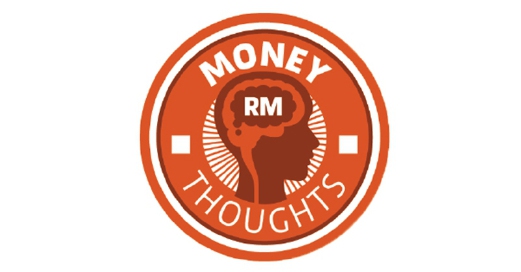WHEN I was in my mid-20s, more than a quarter of a century ago, I felt trapped in a great job that I was ill-suited to in Basingstoke, a grey, roundabout-infested town in Hampshire, 80km southwest of London.
Back then, when I felt low, I fantasised of what my ideal job in a perfect future might be.
So tell me, have you ever done that?
In my case, one image that kept resurfacing repeatedly was my lying on a deckchair by a swimming pool as I wrote for a living.
We all can and should dream.
But, as you know, life is messy and things never turn out exactly as we plan.
Sometimes, they come close because of the power of intention.
I’m convinced that’s why I was able to start drafting this column while sitting cross-legged on towels on a quiet and secluded beach on the Hawaiian island of Maui.
As I wrote, I faced gentle waves lapping the shore just a few feet from, well, my feet.
My gratitude for God’s blessings led me to take in the ocean, its waves, and the sky above; to gaze at nature’s beauty and to look within myself for internalised money-related principles you might find useful in your daily walk through the minefields of our environment.
Like the forward and backward dance of the Pacific’s waves around the Hawaiian isles, my emotions have been waxing and waning these past five weeks since my beloved mother, Janaki Bai Devadason, passed away.
As I remembered her on that Maui beach, as I constantly do everywhere, I thought through a complex lesson on generosity our mother unknowingly and silently taught my older sister, Viji, and me by example.
I wrote on the first half of that lesson here last week: charity begins at home, which you may read or reread at http://www.nst.com.my/authors/rajen-devadason.
The second half of my mother’s lesson is that charity should not stop at home.
Let me give you some background information.
When my sister and I were young, our mother’s modest teacher’s salary kept us in our rented Seremban home.
She budgeted carefully to ensure she made ends meet, while also creating a surplus. She used that cashflow surplus to help our less well-off family members.
Our mother also gave regularly to the Tamil Methodist Church in Seremban.
Beyond that, she managed well. She often helped many non-relatives with food and cash.
In my opinion, it was my mother’s generosity across the decades that made her truly wealthy in ways that possessing lots of money cannot attain.
In contrast, over many years, I have noticed individuals who are skinflints, essentially choosing never to help the less fortunate, or who tell themselves they will give to charity when “they have enough”, a state they never attain.
At the other extreme are the ones who give too much, unwisely, to outsiders without first ensuring they are meeting the needs of their own families.
For a person to adopt the superior middle-of-the-road philosophy of recognising that charity begins at home but that it should not stop there, something specific must be done.
A crafted and structured programme of planned expenditure that moves different sums of money to various expense categories, such as basic living, petrol, utilities, rent or mortgage, car hire purchase payments, groceries, entertainment, birthday and festival expenses, family financial assistance and extended charity to non-family members should be implemented.
Special note: all your money should be allocated based on your personal and personalised set of priorities. As you work through discovering what those are, here are my simple guidelines:
1. BE kind and caring;
2. BUT don’t be naive; and,
3. BE generous to others within your budget constraints.
Rajen Devadason is a Securities Commission-licensed financial planner, professional speaker and author. Read his free articles at www.FreeCoolArticles.com. He may be
connected with on LinkedIn at https: //www.linkedin.com/in/rajendevadason, [email protected] and Twitter@RajenDevadason.





